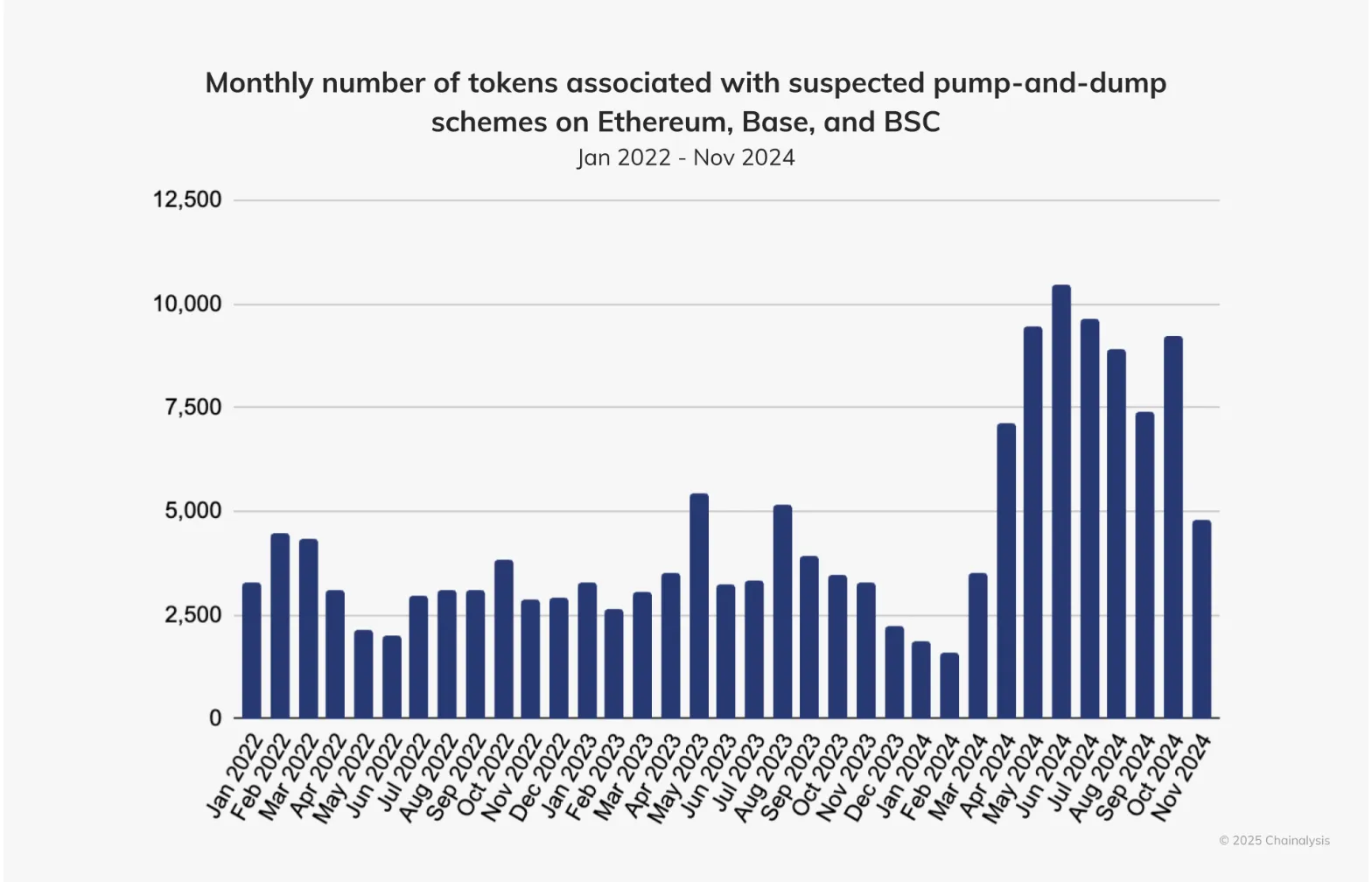🏛️ CFTC Adopts Nasdaq’s Surveillance Tech — Real-Time Monitoring for Crypto & TradFi
-

The Commodity Futures Trading Commission (CFTC) is modernizing its outdated 1990s infrastructure by integrating a financial surveillance tool built by Nasdaq.
 What the Tool Does
What the Tool DoesAccording to Tony Sio (Nasdaq’s head of regulatory strategy & innovation), the system is designed to detect market abuse across equities and crypto:
Tailored algorithms for digital assets
Real-time analysis of order book data across trading venues
Cross-market analytics that link traditional + crypto markets
CFTC will feed the system with data collected via its regulatory powers
 Translation: Crypto order books and TradFi markets will now be monitored side by side for manipulation or suspicious trading patterns.
Translation: Crypto order books and TradFi markets will now be monitored side by side for manipulation or suspicious trading patterns. ️ Privacy vs. Surveillance in Crypto
️ Privacy vs. Surveillance in CryptoThe move comes as financial surveillance heats up in the U.S.:
Privacy advocates: say it risks creating a digital “prison.”
Regulators / institutions: argue it’s critical for AML compliance and to attract institutional adoption.
 Bigger Policy Context
Bigger Policy ContextThe U.S. Treasury is considering mandatory digital ID checks inside DeFi smart contracts to combat illicit flows.
Part of the White House’s July crypto report:
More KYC parameters for digital assets
Updated NIST digital identity guidelines
Overhaul of identity credential tools
Critics argue this undermines DeFi’s core ethos of permissionless access:
“If you turn a neutral, permissionless infrastructure into one gated by government-approved identity credentials, it fundamentally changes what DeFi is meant to be.” — Mamadou Kwidjim Toure, CEO of Ubuntu Tribe
 The Take
The TakeThe CFTC’s partnership with Nasdaq signals a serious step toward Wall Street-grade surveillance in crypto markets. But it also fuels a growing debate:
Will this finally make institutional investors comfortable entering DeFi and crypto at scale?
Or does it risk killing the very openness and neutrality that make DeFi valuable?
-
This is a watershed moment. The CFTC running Nasdaq’s surveillance algorithms across crypto + equities means order books are officially being treated like one interconnected market. For institutions, this could be the “comfort blanket” they’ve been waiting for before moving serious money into DeFi. But for purists, it’s the start of a slippery slope — permissionless access being slowly swapped out for permissioned surveillance rails. Feels like crypto is entering its “Wall Street compliance” era whether we like it or not.
-
Nasdaq tools spotting spoofing and wash trading in crypto isn’t a bad thing — transparency keeps markets healthy. The problem is where regulators take it next. Combine CFTC surveillance with the Treasury’s idea of mandatory digital IDs inside DeFi smart contracts, and suddenly the whole permissionless ethos gets flipped on its head. The real question: can crypto survive once every wallet has to be a “verified” wallet? Or will this just push innovation + liquidity offshore again?

















